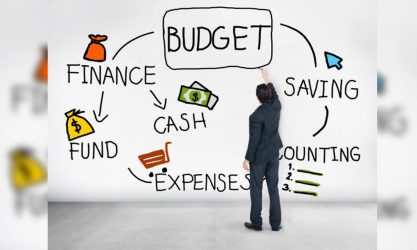
Critical thinking
Do you have a problem that is bothering you? Are you trying to find an answer to a question that seems to have no answer? Do you worry about being caught in scams? Given how our lives are filled with information and input, we need to be careful about what we see, hear, and believe. We have to learn to apply critical thinking to truly make sense of the information out there.
What is critical thinking?
To think critically means to objectively look at a problem and form an analysis or judgement that is fair and correct. This skill allows us not only to make sense of information but also to sift through and evaluate information so that we can arrive at the more important and correct information.
How to be critical in your thinking
First, you must develop your objective thinking skills. Look at a problem objectively by separating your emotions, biases, and all other considerations from it. Look at it as only a problem that needs a solution, not as something that you have anything invested in. Secondly, increase your ability to logically reason. We have to use our logic to see what can and cannot be correct or fair. If we follow our gut or emotions, we will not see what the right solution is but will only see what we want to see. Using logic and debating about the issue helps clarify it and make it easy to solve. Analyzing any situation logically, rationally, and slowly will help you overcome any problem that you find in the workplace.
Critical thinking is helped immensely by our ability to reflect, analyze, evaluate, and reason. By engaging in this process, we are thoroughly engaging with the subject matter and gaining a deeper understanding of the problem. This allows us to make an informed choice or suggest a solution that works.
Elements of critical thinking
- Identify your problem or situation and the factors that have a bearing on the matter you are considering to get a clear picture of what you are dealing with.
- Research the facts behind it so that you can separate the emotional arguments from what is actually relevant and so that you can see the context and gaps of any information that has been shared with you.
- Identify your biases so that they don’t influence your decisions or solutions, and you can combat these biases by using your research to show both sides of the problem.
- It is also important to see that any person whose information you are using in your research also has biases so make allowances for that. It is good to know what agenda is being promoted in each situation.
- Infer the meanings of what you have researched, so that you have a somewhat better understanding of what each piece of information means in the context of your problem.
- Determine the relevance of each piece of information by writing down all your data and sorting them according to importance. This will help you discard any that are minor points in the larger picture.
- Stay curious because that guards against accepting any information at face value. Ask questions that require lengthy or explanatory answers.
- Once you have your research, you should analyse that information, reflect on implications, evaluate the impact, and reason.
A curious and questioning mind is the first step on the journey to being critical in your thinking because it allows you to question and find answers.


